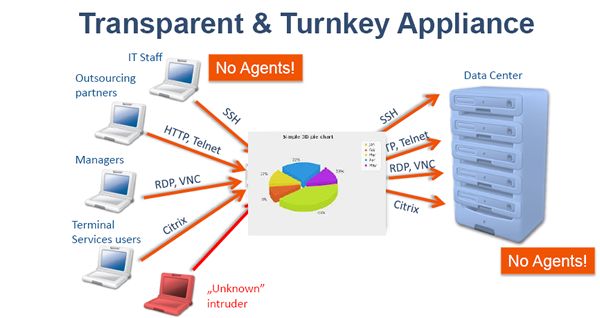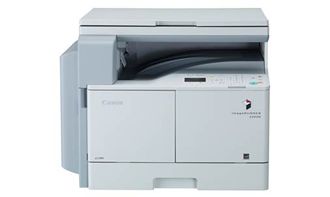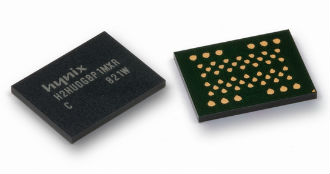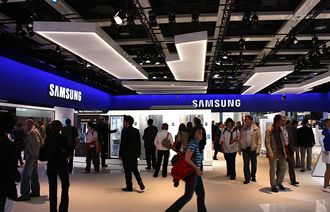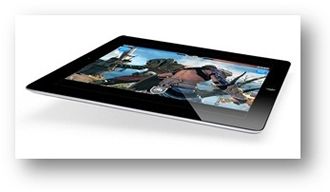 PC monitor unit shipments amounted to 32.5 million units in the second quarter of this year – and that’s a fall of 2.9 percent compared to the year before.
PC monitor unit shipments amounted to 32.5 million units in the second quarter of this year – and that’s a fall of 2.9 percent compared to the year before.
IDC released findings on the quarter, said that tendency will continue over the next three years.
But LCD technology had a 93 percent market share in the second quarter, an increase of 10.5 percent compared to the same quarter a year before.
The favoured screen size is 21.x-inches, and had a market share of 22.5 percent in the quarter.
While touch screen monitors continue to hold only a tiny part of the total PC monitor share of 0.4 percent, there was stronger growth in the USA than in other markets.
Dell managed to stay number one in the quarter, with market share of 15.4 percent, representing five million units.
Samsung, at number two, had a 17.9 percent share in market value. In revenue terms, it was number one, shipping $1.04 billion wrth of units in the quarter.
HP is the number three worldwide, but held the number one position in Western Europe, and the number two position in the US.



